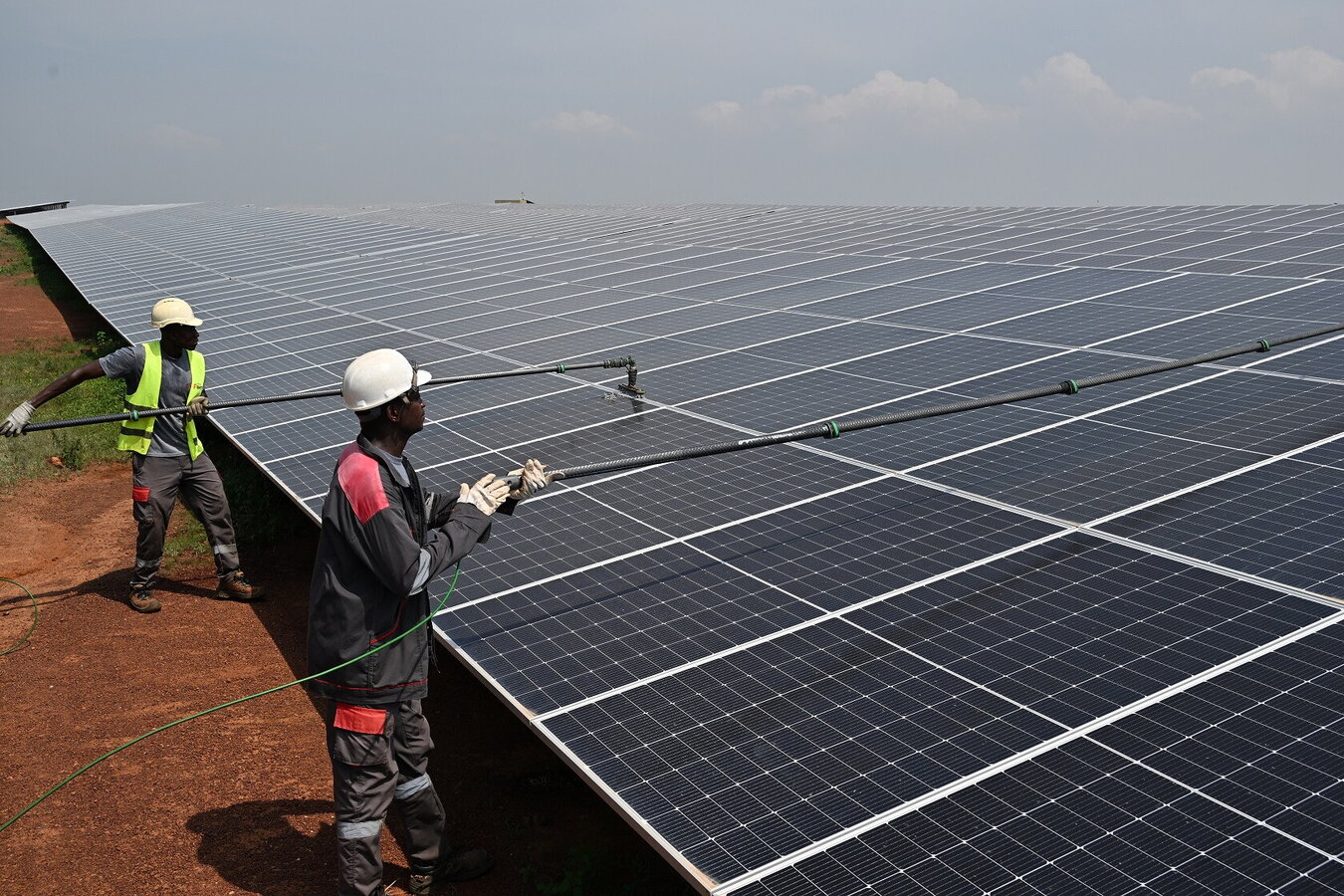
The impacts on the business
The instability of the new world
Global crises, uncertain markets, and geopolitical challenges are reshaping rules and strategies. In an increasingly 'TUNA' world—turbulent, uncertain, novel, and ambiguous—geopolitics is becoming central, even for companies and multinationals
7 min
T
he neutrality of an observer in a scientific laboratory experiment does not apply to the affairs of politics and international politics. The fundamental issues at play —war and peace, order and chaos, democracy and autocracy, human rights— demand that anyone writing on the subject respect the facts without concealing the underlying stakes.
As this year comes to a close, we face the consolidation of certain trends, along with new unknowns that must be considered in the equation of global chaos.
Consolidated trends…
Beijing remains steadfast in its quest to establish itself as the next global hegemon. The liberal order does not need to be destroyed; it simply requires the patience to replace it. Supported by favorable demographics, an ordered and hierarchical social model, and a politically stable system, China has consistently achieved its strategic development milestones ahead of schedule over the past thirty years, thanks to its meticulous planning.
M
oscow no longer has the strength to present itself as an alternative model, but it continues to sabotage the liberal order wherever it sees advantage and cracks to exploit. Putin promotes a nostalgic narrative about the old empire, but aside from its nuclear arsenal, Russia lacks the demographic support or industrial system to compete with today’s standards.
Meanwhile, in Africa and the Gulf, the ranks of “free riders”—those benefiting from open relations with China for trade, Russia for energy, and the United States for defense and security—are steadily growing. When the U.S. is distracted by other matters, Russia, Turkey, and other regional powers are quick to step in. The Global South remains an incoherent mix of demands for more space and recognition, but in 2024, the BRICS opened its doors to Egypt, Ethiopia, Iran, Saudi Arabia, the UAE, and others.
The West—not strictly in a geographical sense—comprising Europe, the United States, and the G7 (including Canada and Japan) is effectively under siege. Is it democracies against autocracies? Multilateralism versus sovereignty and à la carte alliances? In our analyses, we have exhausted every term—permacrises, policrises, G0, effective multilateralism—but we have been too generous with our own responsibilities: double standards on human rights in Ukraine and the Middle East, the unavailability of Covid vaccines for Africa and Asia (sent instead by Russia and China), and climate imperialism toward those who have not yet had access to energy and development as we have. As a result, the multilateral institutions of our order have become ineffective, if not hostile.
... and new developments
There are, however, new developments. 2024 saw the return of Donald Trump to the White House, following an election year marked by such bitter divisions and a society so fractured that it is now harder than ever to lecture others on the unassailable value of democracy and its checks and balances.
In Europe—our second “homeland”—the new European Commission begins with the narrowest political margin in its history. It faces a Green Deal under siege, caught between ambitious climate plans and discontent from industrial sectors and certain member states.
Reports from Letta and Draghi risk becoming little more than sermons in the wilderness
The Union, which had naïvely, if not arrogantly, embraced the idea of a post-industrial strategy in a globalized, cooperative world, is waking up to a fiercely competitive reality that offers no concessions to “old Europe.” After five external crises over the past 20 years (Lehman Brothers, migration, Brexit, Covid, Ukraine), managed with increasing effectiveness and speed, the Union now faces a dual internal crisis: the visible fatigue of the Franco-German engine and the erosion of decision-making capacity, as member states, no longer wanting to leave like the UK, oppose any further integration. Reports from Letta and Draghi risk becoming little more than sermons in the wilderness.
W
hat is surprising—and concerning—is that in public discourse, faced with this “me first” mentality elevated to a way of life (where no one is willing to be “second”), rules are seen as bureaucratic nuisances by default, and collaboration is dismissed as the tedious practice of political correctness. Meanwhile, the growing fires around us are met with an almost sleepwalking complacency.
The writer’s perspective is clear: there are dangerous parallels to other periods in 20th-century history. The poisonous fruits of that era—totalitarian ideologies and unchecked sovereignties—ultimately led to the creation of post-war rules as an antidote to prevent such excesses from recurring. Yet history seems poised to repeat itself. We can only hope this is wrong. Whether Taiwan becomes this decade’s Sarajevo or other sparks ignite potential global crises is less important. What matters is that the temperature of the planet—both physical and political—continues to rise.
Geopolitics in the boardroom
Disorder has become background noise. The energy markets are a striking example. In another era, even half of the events we’ve witnessed in 2024 would have sent commodity prices into wild swings, driven by both market fears and the political manipulation of resource holders. That has not happened. Producer countries and multinationals—already navigating sanctions, logistical bottlenecks, and infrastructure sabotage—have shown an incredible sense of responsibility in their efforts to stabilize supply and prices. After all, long-term investments require planning in a stable environment.
However, the world we have described—one that competes through tariffs and duties, weaponizes energy via sanctions, and shortens global supply chains—fails to generate sufficient growth and discourages demand. This is a significant indirect consequence of the unstable world awaiting us in 2025.
This publication has frequently explored the new “elephants in the room” of energy: critical minerals for the transition and the role of artificial intelligence, to name just two. These “animals” do not disappear in a disordered world; they add two more variables to the trilemma equation.
The new world, described as TUNA (we are talking about animals, after all): “turbulent, uncertain, novel, ambiguous,” increasingly forces CEOs to assume the role of Chief Geopolitical Executive Officer. The old year and the new year deliver this key message together: geopolitics now has a permanent seat at the boardroom table.

